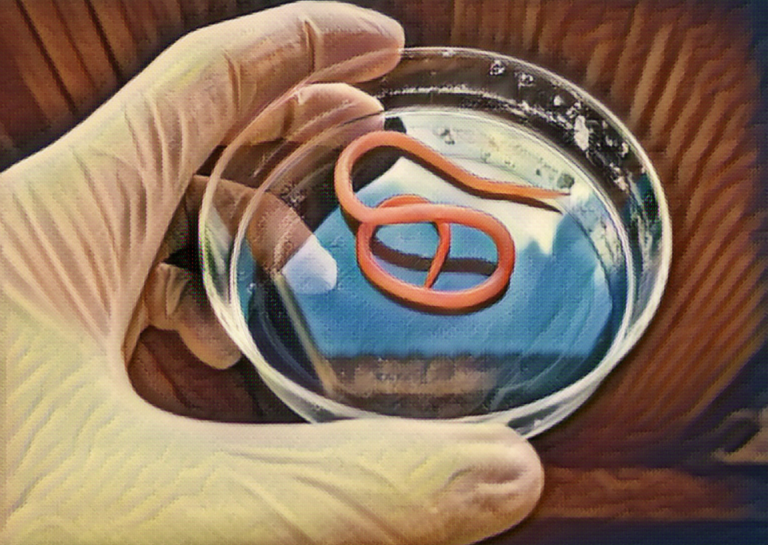Overview
Roundworm infection is a common problem in children living in developing countries, particularly in areas with poor sanitation and hygiene. The infection is caused by the Ascaris lumbricoides worm, which is transmitted through contaminated food or water. The worms can grow up to a foot in length and live in the small intestine, where they can cause a variety of health problems.
Symptoms
Symptoms of roundworm infection can vary depending on the number of worms present in the body. Some common symptoms include:
- Abdominal pain
- Nausea and vomiting
- Diarrhea
- Loss of appetite
- Weight loss
- Anemia
- Fatigue
- Itchy anus
In some cases, the worms may migrate to other parts of the body, such as the lungs or liver, which can cause additional symptoms, such as coughing or jaundice.
Causes
Roundworm infection is caused by the Ascaris lumbricoides worm, which is transmitted through contaminated food or water. The worms can survive in the soil for several months, and they can infect children when they come into contact with contaminated soil or eat contaminated food.
Treatment
Roundworm infection can be treated with a variety of medications, including albendazole and mebendazole. These medications work by paralyzing the worms, which then pass through the body in the stool. Treatment is typically given in a single dose, and it is usually effective in killing the worms.
Prevention
Preventing roundworm infection is key in controlling the spread of the worms. This can be done by:
- Improving sanitation and hygiene practices
- Using latrines or toilets and washing hands with soap
- Cooking food thoroughly
- Avoiding eating raw or undercooked food
- Avoiding contact with contaminated soil
Citations
- Centers for Disease Control and Prevention. (2019). Parasites – Ascaris. Retrieved from https://www.cdc.gov/parasites/ascariasis/index.html
